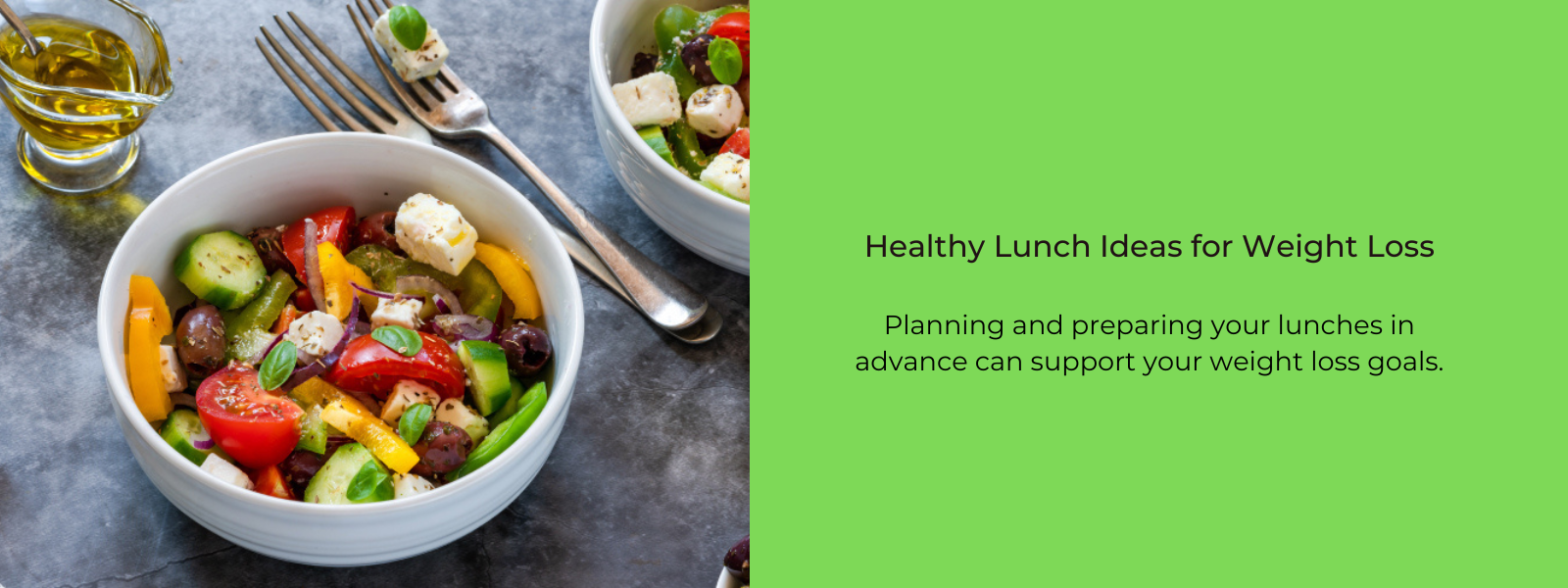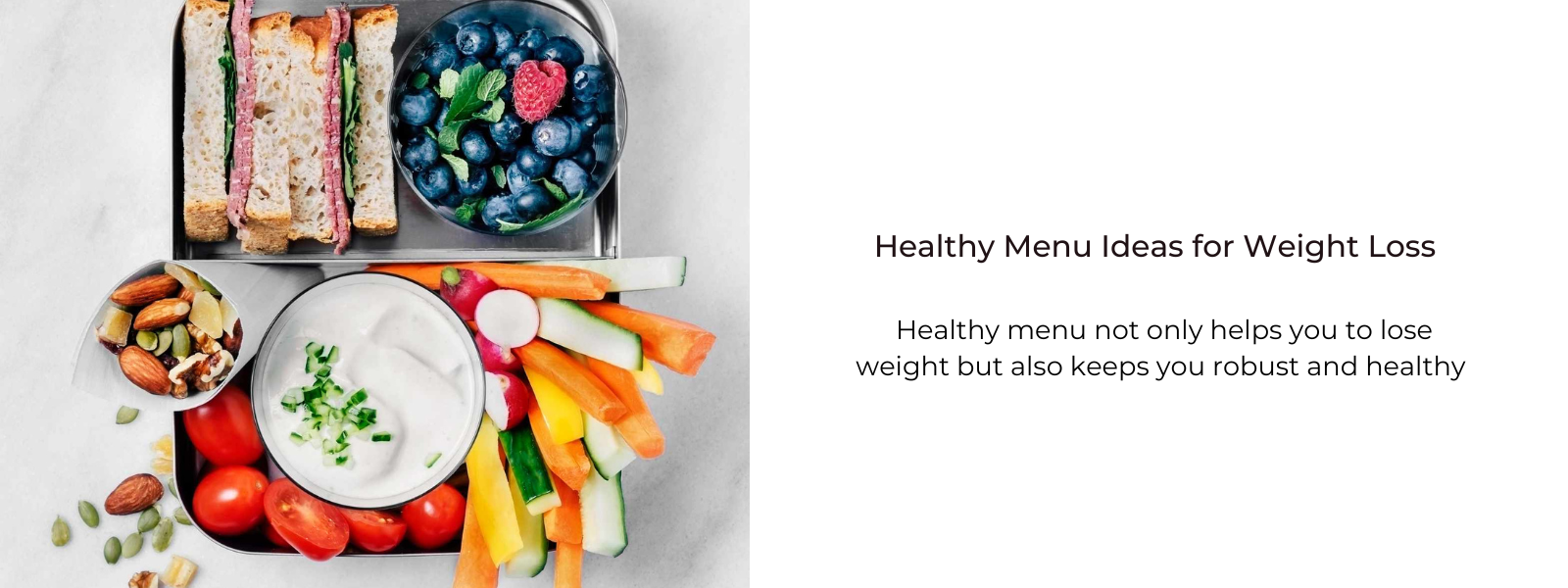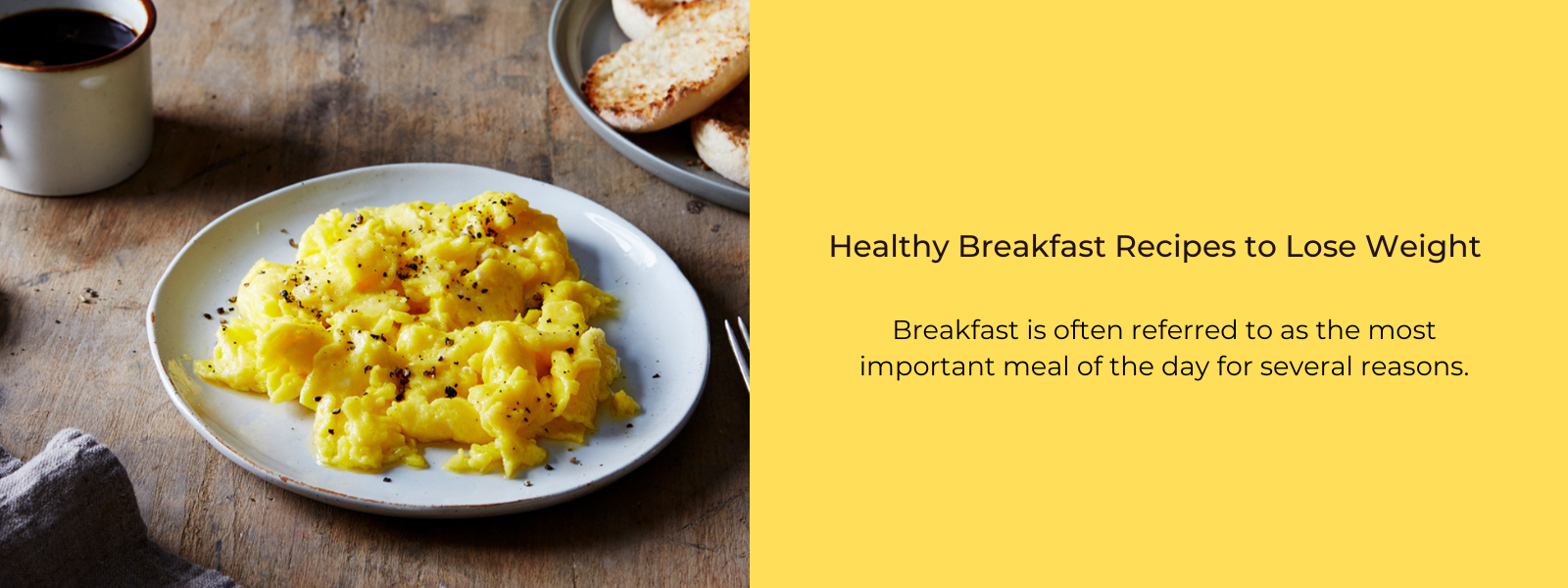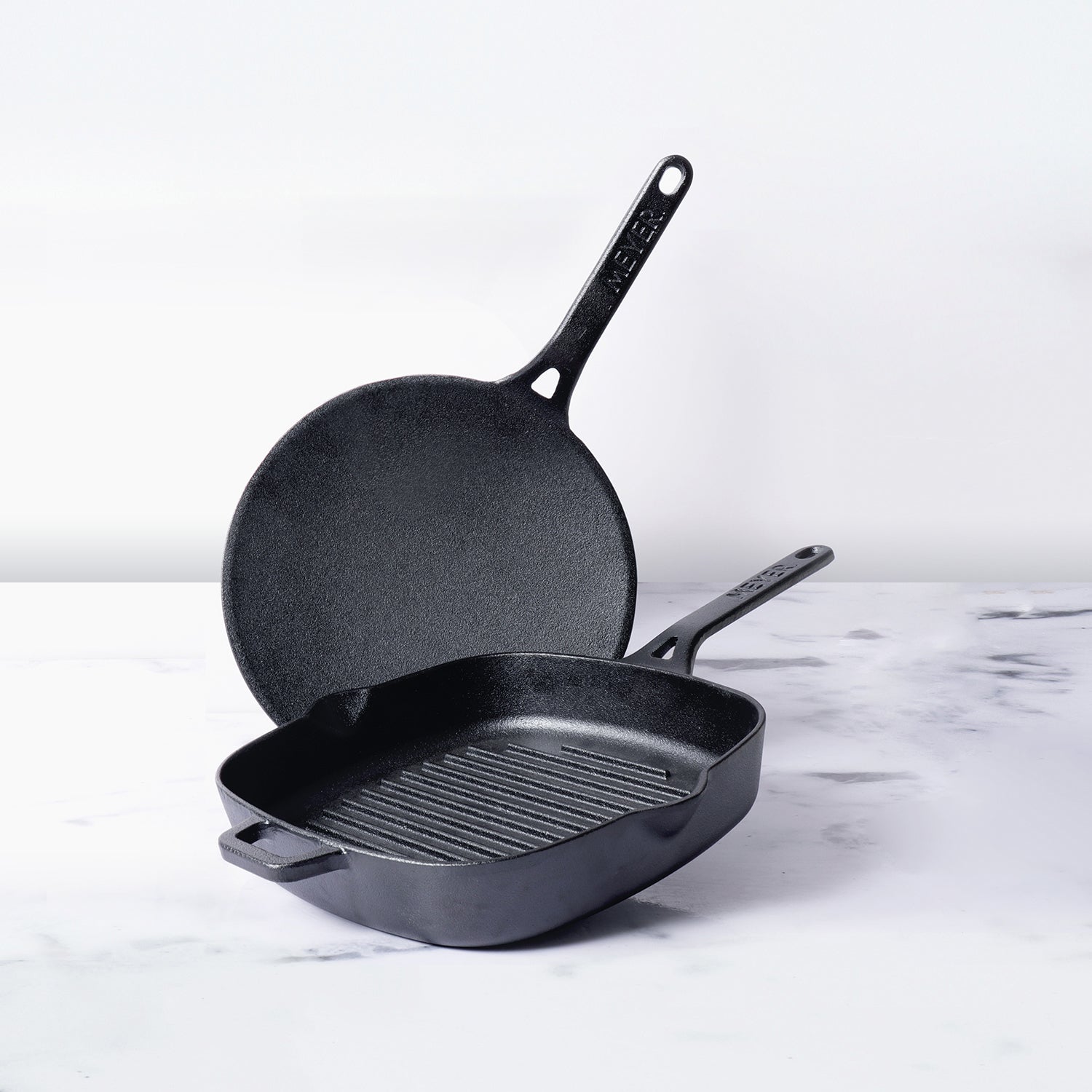Losing weight is a common goal for many people, and there are several approaches you can take to make the process easier.
Table of Contents
Here are some general tips for weight loss:
Create a calorie deficit: Weight loss occurs when you consume fewer calories than you burn. Start by calculating your daily calorie needs and aim to eat slightly fewer calories than that. This can be achieved through portion control, choosing nutrient-dense foods, and reducing your intake of high-calorie, processed foods.
Eat a balanced diet: Focus on consuming a variety of whole foods such as fruits, vegetables, lean proteins, whole grains, and healthy fats. These foods are generally lower in calories and more nutritious, helping you feel fuller for longer and support your overall health.
Practice portion control: Be mindful of your portion sizes and avoid overeating. One strategy is to use smaller plates or bowls to help control your portions visually. Additionally, listen to your body's hunger and fullness cues to avoid unnecessary snacking or eating past the point of satiety.
Stay hydrated: Drinking plenty of water throughout the day can help you feel fuller and curb unnecessary snacking. Sometimes, feelings of hunger can actually be mistaken for thirst.
Increase physical activity: Engaging in regular physical activity not only burns calories but also helps improve your overall health and well-being. Aim for a combination of cardiovascular exercise (like walking, running, or cycling) and strength training exercises (such as lifting weights or bodyweight exercises) to build muscle and boost your metabolism.
Get enough sleep: Inadequate sleep has been linked to weight gain and can disrupt your metabolism and appetite-regulating hormones. Aim for 7-9 hours of quality sleep per night to support your weight loss efforts.
Significance of dinner in weight loss:
Dinner can play a role in weight loss. When it comes to weight loss, the total number of calories you consume throughout the day is important, and dinner is a significant part of your daily calorie intake. By making mindful choices and managing portion sizes during dinner, you can create a calorie deficit and support your weight loss goals. Here are some strategies to consider:
Control portion sizes: Be mindful of the amount of food you consume during dinner. Use smaller plates and bowls to help manage portion sizes and avoid overeating.
Include lean protein: Incorporate lean sources of protein into your dinner, such as skinless chicken breast, fish, tofu, or legumes. Protein can help increase feelings of fullness and promote satiety, which can aid in weight loss.
Prioritize vegetables: Fill a significant portion of your dinner plate with vegetables. They are low in calories and high in fiber, which can help you feel full while consuming fewer calories.
Limit added fats and oils: Be cautious about the use of high-calorie cooking oils and excessive amounts of butter or sauces. Use cooking methods like baking, grilling, or steaming instead of frying.
Choose whole grains: If you include grains in your dinner, opt for whole grains like brown rice, quinoa, or whole wheat pasta. They provide more fiber and nutrients compared to refined grains, which can contribute to better satiety.
Minimize sugary drinks: Avoid high-calorie sugary beverages like soda, fruit juices, or sweetened teas during dinner. Opt for water, unsweetened tea, or infused water to reduce your calorie intake.
Mindful eating: Pay attention to your body's hunger and fullness cues during dinner. Eat slowly, savor each bite, and stop eating when you feel comfortably satisfied rather than overly full.
Healthy Indian dinner recipes for weight loss:
Grilled Chicken Tikka: Marinate chicken breast in yogurt and spices like turmeric, cumin, and ginger-garlic paste. Grill or bake until cooked through and serve with a side of cucumber and mint raita.
Moong Dal Khichdi: Cook moong dal and rice together with vegetables like carrots, peas, and spinach. Season with cumin, turmeric, and garam masala for a flavorful and nutritious one-pot meal.
Tandoori Fish with Vegetable Stir-Fry: Marinate fish fillets with yogurt, lemon juice, and tandoori masala. Grill or bake until cooked. Serve with a stir-fried mix of colorful vegetables like bell peppers, broccoli, and mushrooms.
Quinoa Pulao: Replace rice with quinoa in a traditional pulao recipe. Cook quinoa with vegetables like cauliflower, peas, and carrots. Add spices like cumin, coriander, and turmeric for flavor.
Paneer Tikka Masala: Marinate paneer (Indian cottage cheese) cubes with yogurt, ginger-garlic paste, and tandoori masala. Grill or pan-fry until slightly charred. Prepare a tomato-based masala sauce with spices and onions. Combine the paneer tikka with the sauce and serve with a side of salad.
Palak (Spinach) Chicken Curry: Sauté chicken pieces with onions, garlic, and spices like cumin, coriander, and turmeric. Add chopped spinach and cook until wilted. Blend the mixture to make a smooth curry and serve with whole wheat roti or brown rice.
Vegetable Dal Soup: Cook a mix of lentils like moong dal, toor dal, and masoor dal with vegetables like tomatoes, carrots, and spinach. Season with turmeric, cumin, and coriander. Blend or mash the cooked dal to make a hearty soup.
Remember, portion control is crucial for weight loss, so be mindful of your serving sizes. Also, consult a healthcare professional or a registered dietitian for personalized advice and to ensure these recipes align with your dietary needs and goals.
Is exercise more important than dieting for weight loss?
Both play an equal role. Here's a breakdown of their significance:
Dieting: A nutritious and balanced diet is essential for providing the body with the necessary nutrients, vitamins, and minerals it needs to function properly. Proper nutrition supports various bodily functions, including metabolism, immune system function, and organ health. A healthy diet can help manage weight, prevent chronic diseases, improve energy levels, and enhance mental clarity. It's important to focus on consuming whole foods, including fruits, vegetables, lean proteins, whole grains, and healthy fats while limiting processed foods, added sugars, and unhealthy fats.
Exercise: Regular physical activity offers numerous benefits for physical and mental well-being. Exercise helps strengthen muscles and bones, improves cardiovascular health, enhances flexibility and mobility, and boosts overall fitness levels. It also plays a crucial role in managing weight, increasing energy expenditure, and improving metabolic function. Exercise has been shown to reduce the risk of chronic diseases like heart disease, diabetes, and certain types of cancer. Additionally, it promotes mental well-being, reduces stress, improves mood, and enhances cognitive function.










Leave a comment